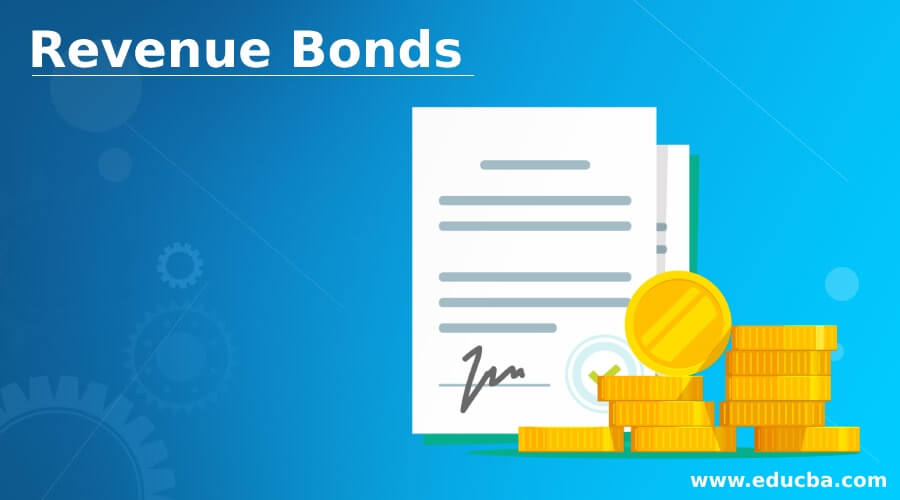A Complete Overview of Municipal Bond
Jan 13, 2024 By Triston Martin
In addition to reducing your total investment danger, you may get more out of your money by diversifying it. Tax-advantaged revenue may be derived from a variety of investments, such as muni bonds. The interest paid to investors by such bonds is not taxed by the federal government, rendering their profits more appealing. Both city & state taxes may be excluded in specific situations. Depending on your income, investment objectives, and risk tolerance, municipal bonds may or may not be a good fit for you.
Municipal Bonds
Governments at all levels, from the city to the state to the county to the municipality, may release municipal bonds as a means of raising funds. Mostly on the bond's date of maturity, you will get your original investment back, as well as the interest you've accrued since you purchased the bond. The money may be used to build a new overpass or road in a city. The average maturity of a municipal bond is one to ten years. Federal taxes do not apply to interest payments on municipal bonds. As an added bonus, if such bonds are released by a state or municipality where the investor lives, they are tax-free.
Different Kinds of Municipal Bonds
Muni bonds come in a variety of forms, including the following:
General Obligation Bonds
A public project like establishing a park or strengthening a school system may be funded with general obligation bonds, which don't necessarily produce money but have a positive impact on the people they serve. A general obligation bond also isn't covered by any particular asset; the issuer's entire faith & credit is entrusted to the bondholders. It has long been considered safer to acquire general obligation bonds because of this.
Revenue Bonds

A toll way or a music hall are examples of income-generating projects that may be financed using municipal revenue bonds. Partners in the bonds will indeed be repaid by the project's profits. In contrast to general obligation bonds, revenue bonds do have a greater default rate as all the resources are utilized for a particular project, which may or may not be finished on time or within planned cost and may not yield the anticipated revenues. As a result, before putting your money in danger, do some research on the credit rating of the issuer.
Municipal Bonds Have both Advantages and Disadvantages
In general, there is a low rate of municipal bonds rushing horribly down. There were just 99 defaults on municipal bonds released between 1970 & 2015. Only nine of these were general obligation bonds, and none of the muni bonds with the best credit rating went into default. Bonds issued by municipalities have a default risk fifty to a hundred times lower than that of corporate bonds. Muni bonds, on the other hand, do not come without risk. Some municipalities have fallen behind on their municipal bond payments in recent years, notably Detroit in 2014 & Puerto Rico in 2017.
In principle, municipal bonds have smaller interest rates as compared to corporate bonds, but the money they earn is tax-free, much like Treasury bonds. Although the tax advantages are of municipal bonds primarily applicable to interest payments, not capital returns, it is important to keep this in mind. Gains from the sale of a bond that exceeds your original cost are still subject to taxation.
In addition, the "interest rate risk" that comes with municipal bonds must be taken into consideration. Investing in a municipal bond now will result in a lesser return than investing in a fresh issuance in the future, providing interest rates rise while you hold the bond. Changing interest rates will also impact the supplementary market price of your bonds. Due to a rise in interest rates, you might have to cut the price of your bonds in order to make up for the lower yields.
Considerations When Acquiring Municipal Bonds

Individual bonds vs. funds
Investors in municipal securities often wonder if they should purchase individual bonds or mutual funds. If the issuer does not fail, you may be able to achieve a greater total return by purchasing individual bonds. A well-diversified portfolio of individual bonds in mutual & ETF funds, on the other hand, yields less than the best-paying municipal bonds due to their higher weighted average returns.
A costly way to invest in municipal bonds is to buy them one at a time. As a result of this, shareholders in individual bonds face higher costs to join and leave a holding in the bond market. In contrast, the spread is small or nonexistent when purchasing an ETF as well as a mutual fund, suggesting you are receiving full worth for your investment.
In comparison to mutual funds, ETFs frequently have lower expenses. However, mutual funds still have several benefits over ETFs. Mutual fund managers have the freedom to pick their investments, which may result in better returns than ETFs' passively created indexes, but they're normally lower. Beginning with municipal bond mutual funds that have a proven track record of performance. See how an investment has fared during down markets. Look for low-cost funds as well, since there are plenty to choose from.
Bottom Line
Tax benefits and little risk of default make muni bonds an attractive option for a portfolio. You should be aware, however, that "low risk" does not equate with "risk-free." It's not probable, but it's possible that municipalities and local governments may fail. No matter what you're investing in, you're taking a risk. Investing in municipal bonds, as well as other types of investments, may be risky.

Dec 04, 2023 Triston Martin

Jan 26, 2024 Triston Martin

Feb 24, 2024 Triston Martin

Dec 31, 2023 Triston Martin

Oct 21, 2023 Triston Martin

Nov 08, 2023 Susan Kelly